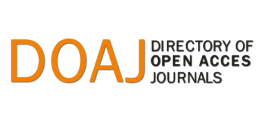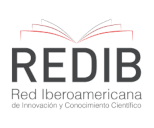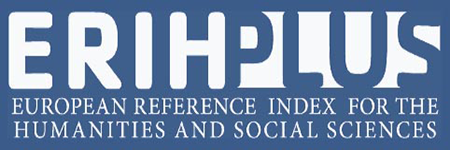No. 38-39 (2000): Public service: ethics and transparency

The serious social problems suffered in the Central American Isthmus have provoked a revitalization of the topic of ethics and public function.
Simultaneously, the terms governance, accountability and transparency have gained notoriety to characterize a new culture of public service, with a greater awareness of a series of duties towards civil society, which together we can call the "duties of transparency in public management".
Thus, the forum of Directors of Civil Service and Human Resources, together with the Central American Institute of Public Administration, ICAP, in its capacity as Technical Secretariat and following a long-standing tradition, promoted a collective reflection on the topic to be studied at the "X Meeting of Directors of Civil Service and Human Resources of the Central American Isthmus", This meeting was held in Tegucigalpa, Honduras, from September 20 to 22, 2000, and focused on "ethics, transparency and productivity in human resources management" as elements that have become determining factors in the development of the region's civil service.
Some relevant conclusions that were discussed in general at this Meeting, revolved around:
*Interesting questions about the main manifestations and critical aspects of the weakening of public values in which we are immersed. The system of values that must be reclaimed and revitalized in order to renew the public service.
*The importance of ethical reflection lies in the fact that it is oriented to solve moral dilemmas in our public and daily actions, both as individuals in a community and work environment, as well as in a family and affective environment. Consequently, ethical judgment is that made on praxis or human action in all its dimensions.
*Current trends were analyzed, including those derived from reforms in public management in general, and of the Civil Services, the governing bodies of government human resources, in particular, as well as some ethical initiatives were emphasized.
*The various elements of the ethical infrastructure were considered: political commitment, effective legal framework, effective accountability mechanisms, effective code of conduct, supportive attitude towards public service and an active society that plays the role of watchdog over government officials.
ICAP, through its Central American Journal, is pleased to present the material that was the basis for the collective dialogue of this Meeting, which includes innovative initiatives, both in the area of ethics and the modernization of the public service.









